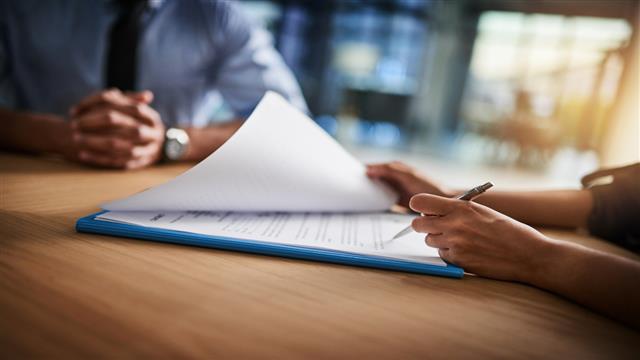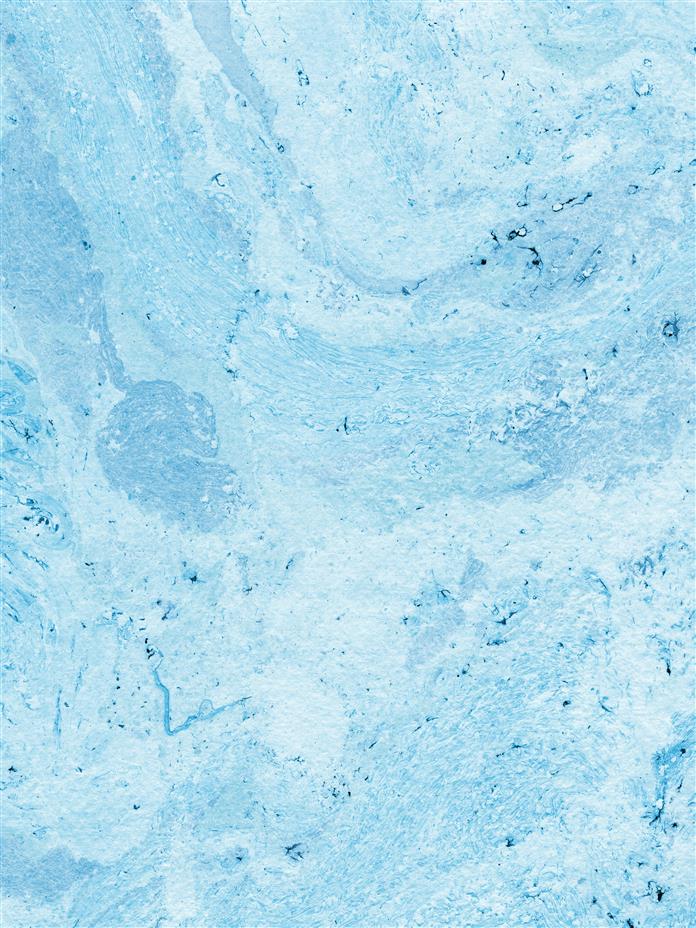
Tap to Read ➤
How to Write a Great Cover Letter
Kundan Pandey


A cover letter is an integral part of every job application process, and it helps a candidate create a good impression on the prospective employer.

Cover letters, attached with resumes, are very important tools for creating a positive first impression on a prospective employer. They are written with an intent to give a summarized information about the candidate, and reasons for applying for a specific designation.

Writing a cover letter requires you to focus on various points, like what must be the opening lines, the body of the letter, and ending lines. This is important, as these things give meaning to the letter.

Letter writing skills are highlighted in a properly written cover letter. Besides proper writing, you need to have a proper format, as that shows your attention to detail and presentation skills.

Salutation and Beginning
It's important to know the proper way to address a cover letter, as it forms the first impression on your employer. When you're aware of the person whom you're going to send the cover letter to, address it like, To Mr. John or Mrs. Mary. You can also start with To Whom it May Concern, Dear Sir/Madam, etc.

In first few lines, mention about your qualifications and what special services you can offer. You can begin by giving a short description of how you came to know about this offer, your interest in doing it, and who referred you (if you've come through some reference).

When applying for a job, mention in the beginning of the cover letter that you're interested in working on a particular designation as per the job openings.

Some opening lines are, We discussed my ability to handle the job when I assisted you via Internet; I enclose my resume for your perusal. or Your speech was inspiring, Mr Williams. Soon, I will complete master's in physics, just in time for fresher openings in the research laboratory. Depending on the situation, make up your own opening lines for the letter.

Body of the Letter
The body reflects your attention to detail and your ability to present information in a coherent manner. Generally, the second paragraph must contain information about your qualifications, and professional experiences of your past employer.

You must mention your USP in brief, so that the prospective employer can get an idea about your strengths. Writing about the challenging projects you faced in your organization can help you create a positive impact.

Conclusion of the Letter
Properly ending a cover letter is equally important as is beginning it. Always end your letter with yours faithfully, yours sincerely, etc. Give a concluding line greeting the employer and thanking him for giving his time.

It is necessary to write a good letter with full interest and alacrity, as small grammatical errors or drafting mistakes can cast a bad impression upon the employer.